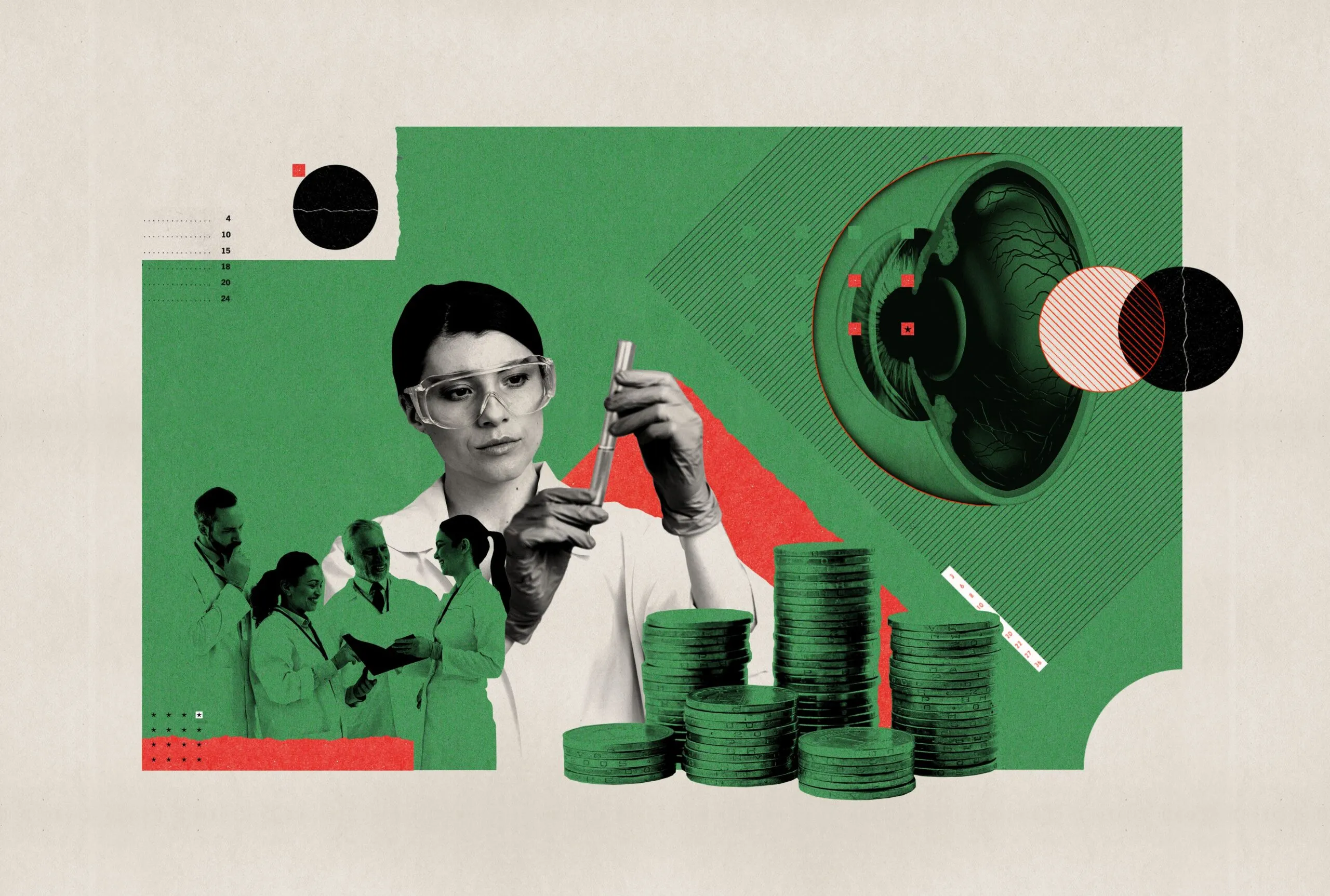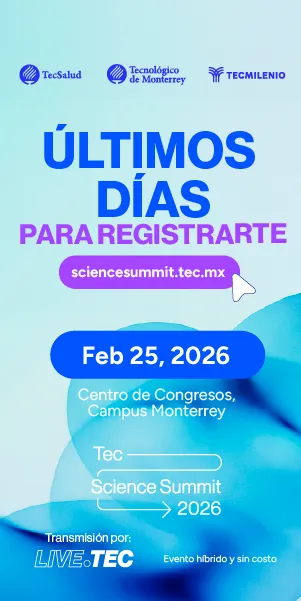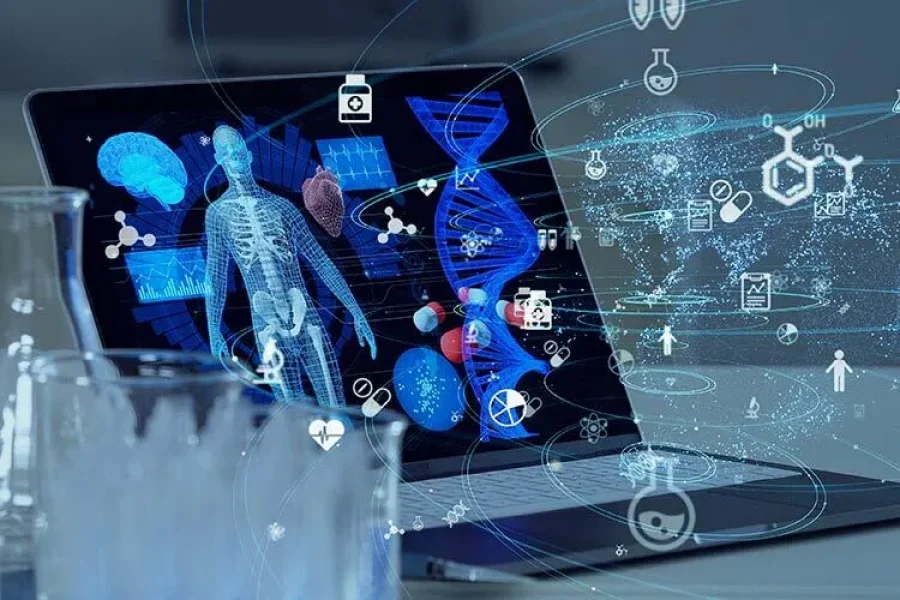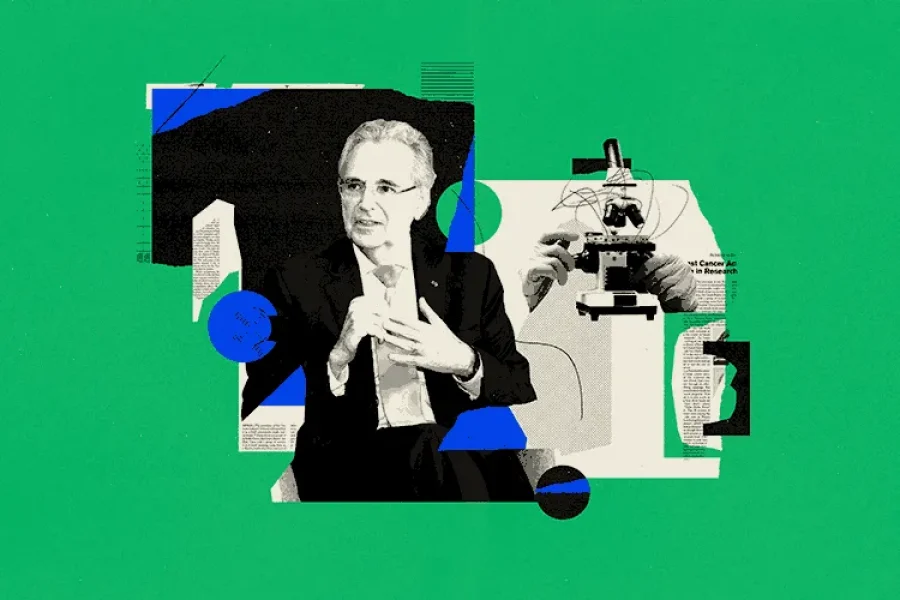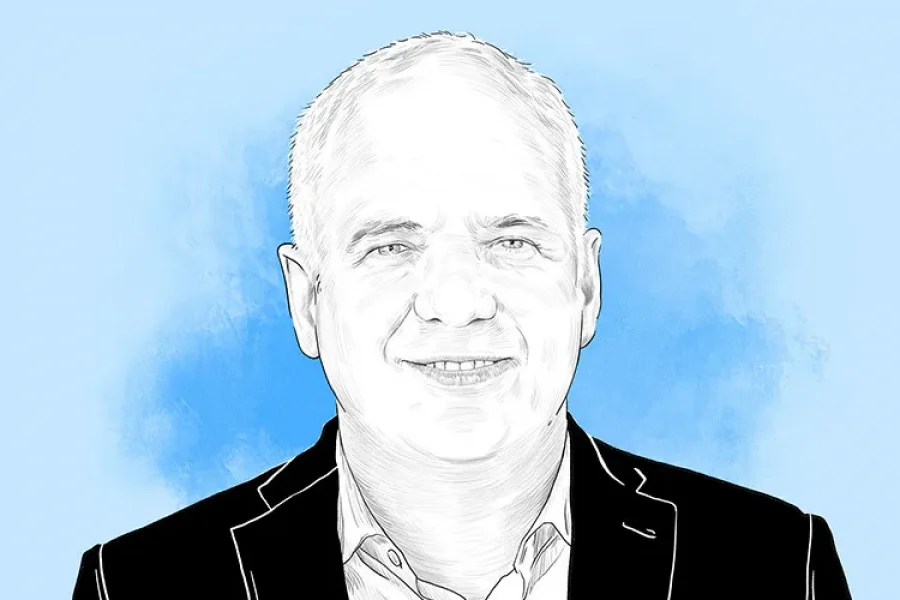Over the next decade, there will be only two types of doctors in Mexico: those who embrace advanced technologies to treat patients, and those who don’t, according to Santiago March, coordinator of New Technologies at the Mexican Health Foundation (FUNSALUD), speaking at the 10th International Health Leadership Forum.
March, an expert in precision medicine and a member of the Consortium of Innovative Vaccine Scientists representing Mexico in The Coalition for Epidemic Preparedness Innovations (CEPI), emphasized the growing importance of technological integration in healthcare.
“Precision medicine has two key components: it relies on new technologies and life sciences—such as genomics, transcriptomics, proteomics, metabolomics, microbiomics, and epigenomics,” March explained during his presentation at the forum, where he introduced the National Platform for the Development of Precision Medicine in Mexico. This initiative aims to make a significant impact on public health.
The project also aligns with the World Health Organization’s One Health initiative, which promotes an integrated approach to the health of people, animals, and ecosystems, while also considering the sociocultural and environmental factors that influence disease dynamics.
Platform for Advancing Precision Medicine in Mexico
Precision medicine has the potential to make an impact at every stage of disease—whether it’s in susceptibility, prevention, diagnosis, prognosis, treatment, complications, or outcomes. It also focuses on early detection and prevention.
March highlighted several key applications of precision medicine, including:
- Tests for susceptibility to diseases
- Early screening and detection of cancers (lung, breast, and colon)
- Biomarker diagnostics
- Digital pathology
- Pharmacogenomics
- Prognostic biomarkers
- Cell therapies
The coordinator further pointed out that there are already individual efforts and infrastructure in place, utilizing advanced technologies, that can be integrated into the broader goals of the initiative.
For instance, he mentioned that in Torreón, Coahuila, there is a test designed to detect how children with acute lymphoblastic leukemia (ALL) respond to treatments—a test that very few medical leaders across the country are aware of.
“There are isolated advances in precision medicine in Mexico that we need to bring together. We have the largest sequencer in Mexico City, and another major one at Tec de Monterrey. Part of this effort is to create synergy,” March explained.
As part of developing the model for this platform, health policies will be considered, alongside a regulatory legal framework; the identification of existing infrastructure; and the definition of equipment needs, as well as training programs for healthcare professionals.
The initiative also aims to contribute to the integration of interventions into clinical practice guidelines and to promote clinical research in biopharmaceutical innovation for precision medicine.
Through this platform, FUNSALUD aims to design a roadmap for the successful implementation of precision medicine in the country. The project began in May 2024, and so far, it has conducted documentary research and is carrying out an infrastructure study across Mexico.
Additionally, the team will conduct interviews with experts and visit the world’s leading centers for personalized medicine. Ultimately, the plan includes building a National Center for Precision Medicine, a facility equipped with bioinformatics capabilities, servers, tools, training programs, and research opportunities.
March explained that this model stems from a collaboration between the public and private sectors, which will benefit hospitals, universities, and research centers alike.
“In just a few years, we’ll have doctors who use Artificial Intelligence, precision medicine tools, and new technologies, and those who continue to rely on traditional methods. It will be the patient who decides which approach they prefer and with whom they want to stay,” he added.
The Path to Digital Health
In an interview with TecScience, March discussed the need to strengthen connectivity in Mexico, particularly in two key areas: education and healthcare. “We are aware that there are three fundamental elements that form the pillars of digital health: the electronic health record, telemedicine, and the electronic prescription,” he said.
If Mexico successfully consolidates these three pillars, by establishing proper regulation and appropriate use, digital health can become a reality, explained the FUNSALUD coordinator.
He also highlighted other platforms being promoted by the foundation, such as the Médic@ Digital en Mexico initiative. This project involves a self-administered survey sent via email to assess the adoption and digital habits of healthcare professionals across 20 medical specialties.
From this project emerged the Paciente Digital Mexicano initiative, which is the counterpart to this study and aims to understand healthcare users—how they seek information and how they interact with doctors.
Regarding education, March emphasized the need for universities to focus on developing curricula that evolve at the same pace as technological advancements. He also stressed the importance of updating educators in life sciences.
“We’ve observed that these disciplines are advancing rapidly, while academic programs are lagging behind. We need healthcare professionals who, from the undergraduate level, have certain digital skills. This way, we’ll have better doctors in the future who can fully leverage everything available for the benefit of their patients,” he said.
10th International Health Leadership Forum
The School of Medicine and Health Sciences hosted the 10th edition of the International Health Leadership Forum, where experts from the fields of education, technology, and healthcare discussed current challenges and the future outlook.
Under the theme Leading in an Era of Global Challenges, the forum explored topics centered around four main pillars: transformational leadership; patient-centered education; artificial intelligence and digital health; and added value in healthcare delivery.
In the session on artificial intelligence, Carles Abarca, Vice President of Digital Transformation at Tecnológico de Monterrey, discussed the potential of this technology for both society and the healthcare sector.
Some key applications of artificial intelligence in healthcare include:
- Diagnostics
- Personalized treatments
- Drug discovery
- Optimization of hospital management
- Decision-making processes
“For example, if an AI agent were monitoring us continuously, there are many conditions we could reduce,” Abarca noted.
The forum also featured international speakers, including Elena Fuentes-Afflick, Chief Scientific Officer at the Association of American Medical Colleges; Michael Fung, Executive Director of the Institute for the Future of Education; Salvador Alva, business leader and former president of Tecnológico de Monterrey, among others.
The event took place at the Zambrano Hellion Hospital in San Pedro Garza García, Nuevo León.
¿Te interesó esta historia? ¿Quieres publicarla? Contacta a nuestra editora de contenidos para conocer más marianaleonm@tec.mx


